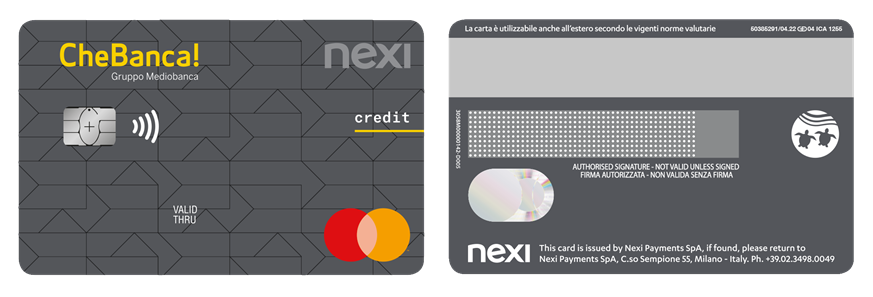Amid rising concern about the environment and climate change, more payment card issuers and manufacturers are adopting greener approaches to cards, and their approaches are taking many forms.
The cleanest option might be eliminating cards altogether, as digital versions of cards are rising in popularity. But physical cards have become an important branding touchpoint connecting consumers to financial institutions, even as many reduce their branch footprints.
Eco-friendly payment cards have been an
The recent global adoption of contactless payments during the pandemic is part of what's driving a wave of initiatives to develop more robust environmentally friendly options that use everything from ocean trash to compostable vegetable compounds.
Although environmental purists claim that even recycled-plastic cards











